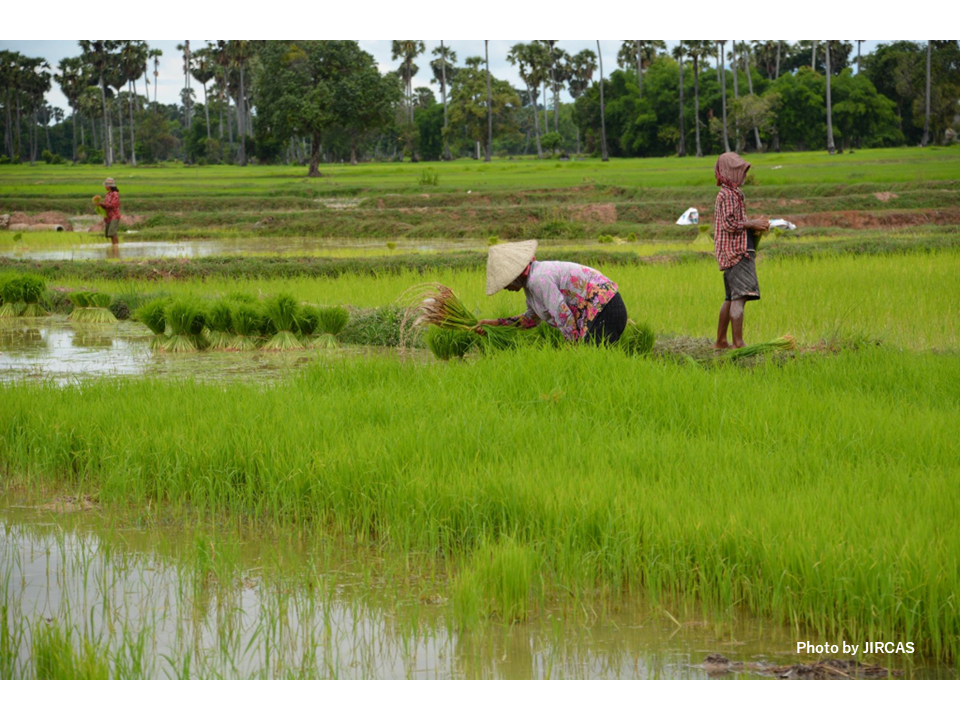Pick Up
985. The Urgency of Adapting to Climate Change for Future Food Security

985. The Urgency of Adapting to Climate Change for Future Food Security
The frequency of extreme weather events is increasing under climate change, raising uncertainty about the environment surrounding stable food production. An editorial published in Nature Climate Change stated that the impact of climate change on food production affects us all and emphasized the importance of securing research and research funding to minimize negative impacts and protect the most vulnerable segments of society.
The agriculture and food sector, which supports the livelihoods of many people, is economically important, but when the topic of food and climate change is discussed, the focus often seems to be on food choices and environmental impacts. For many people, however, an adequate supply of nutrient-rich food at all times is not a given. Climate change not only has a direct impact on production, but can also threaten food security by reducing the income of producers facing climate change.
With the development of global food trade, it is easy to forget that agricultural production is actually dependent on natural cycles and is extremely vulnerable to weather variability and climate change, as a result of the availability of a variety of foods regardless of the season. Data on the effects of climate change on the yields of crops such as corn, rice, soybeans, and wheat are available, but efforts must be made to use this information to ensure food security that does not leave anyone behind.
The impacts of climate change on food production include visible phenomena such as temperature extremes (hot and cold), water availability (excess and deficit), and seasonal shifts, as well as relatively invisible changes such as ocean heat waves and ocean currents that may affect pollinators and affect fish and seaweed stocks.
Many of the world's farmers are smallholders, including those from poorer communities. While some of these farmers contribute to the global food supply with high yields for their small acreages, others are extremely labor-intensive, profit margins are slim, and the costs of dealing with climate change may make it difficult for them to make ends meet. A recent study reported that farmers and foresters with up to 10 hectares of land under management will be affected by some form of climate change, such as water availability and timing and increased pests and diseases, and will have to spend 20-40% of their annual personal income on adaptation to maintain production and livelihoods. The report stated that these food producers are the most vulnerable to global food security. We need to recognize these food producers' contributions to global food security and support them in implementing sustainable agriculture.
Research and innovation are needed to adapt to changes in temperature and water availability. Various factors affecting crop yields, such as soil quality, need to be identified to optimize farming practices, improve varieties, and support the appropriate adoption of these technologies. Developing climate-resilient crop varieties is not the end of the story; information on improved varieties is also important if these technologies are to be accepted and adopted by farmers in practice.
Reference
Feeding the future world. Nat. Clim. Chang. 14, 207 (2024). https://doi.org/10.1038/s41558-024-01970-y
Contributor: IIYAMA Miyuki (Information Program)
